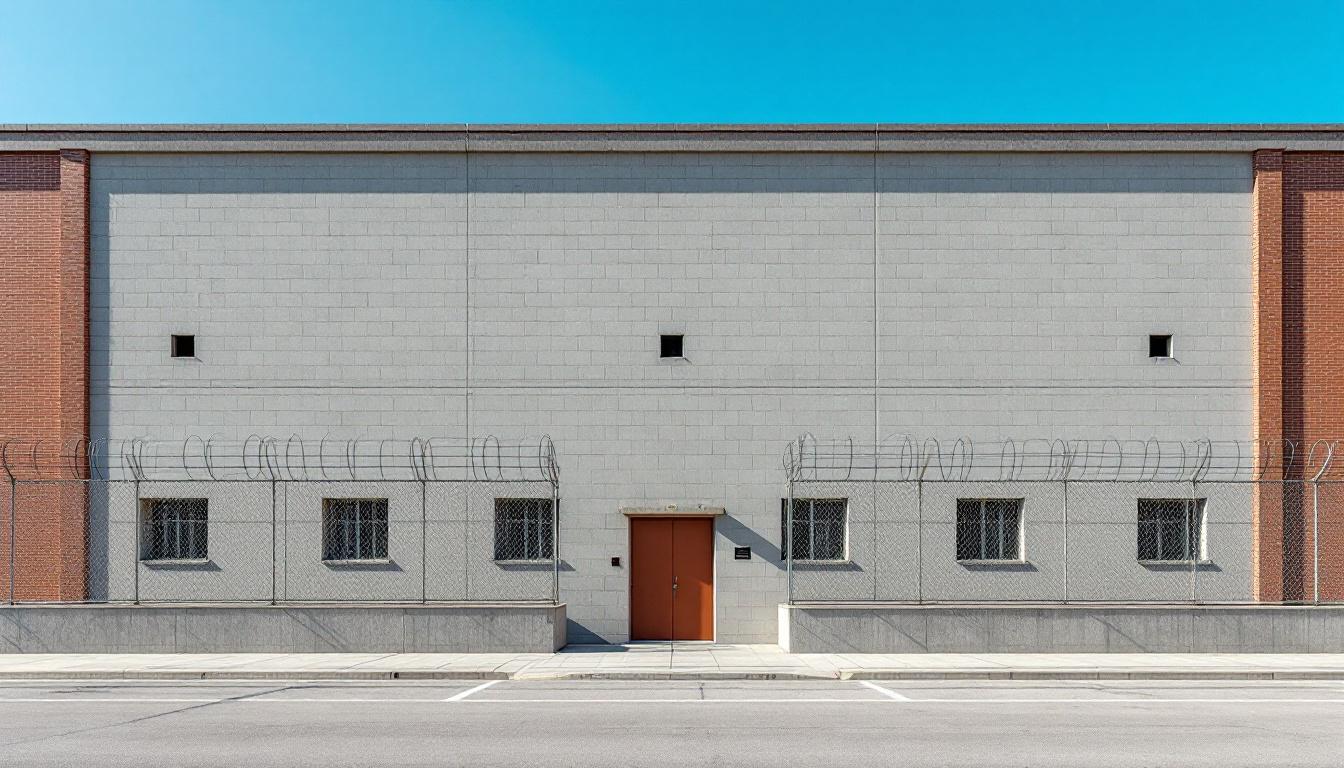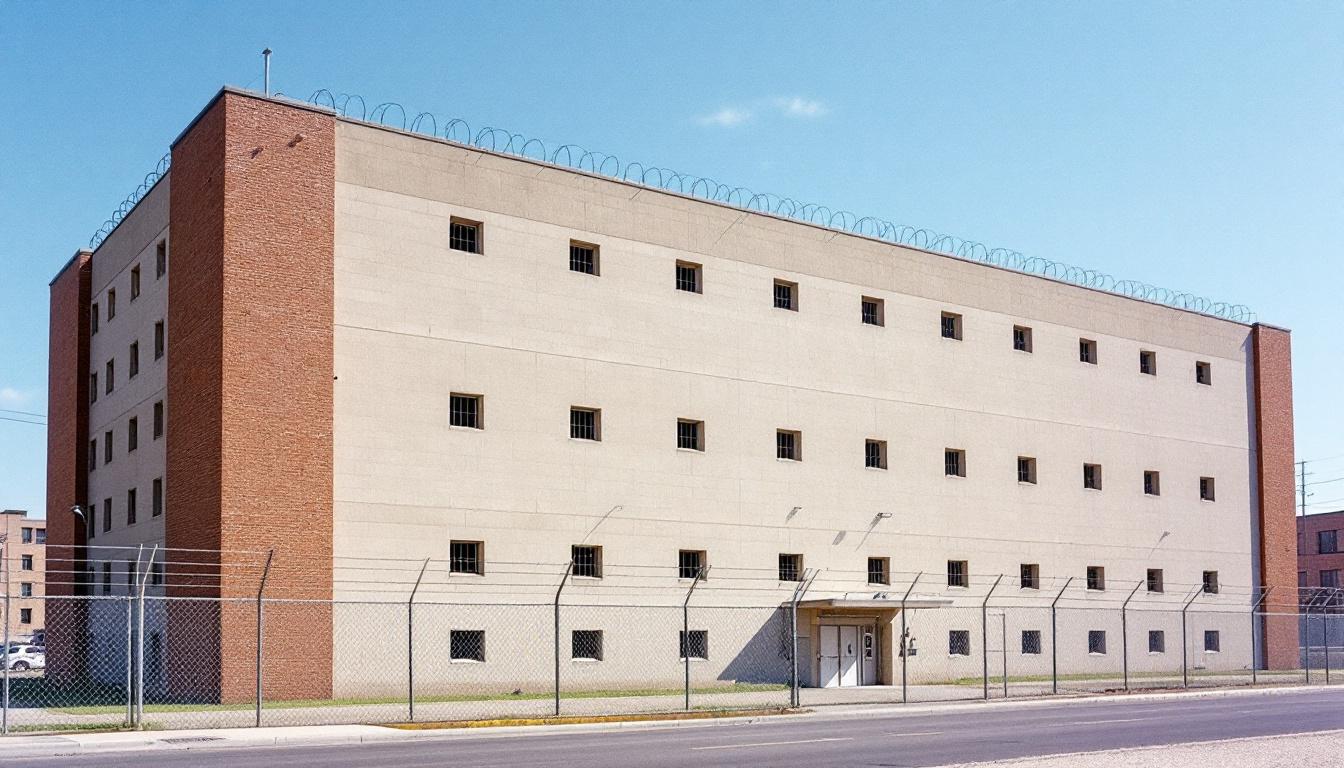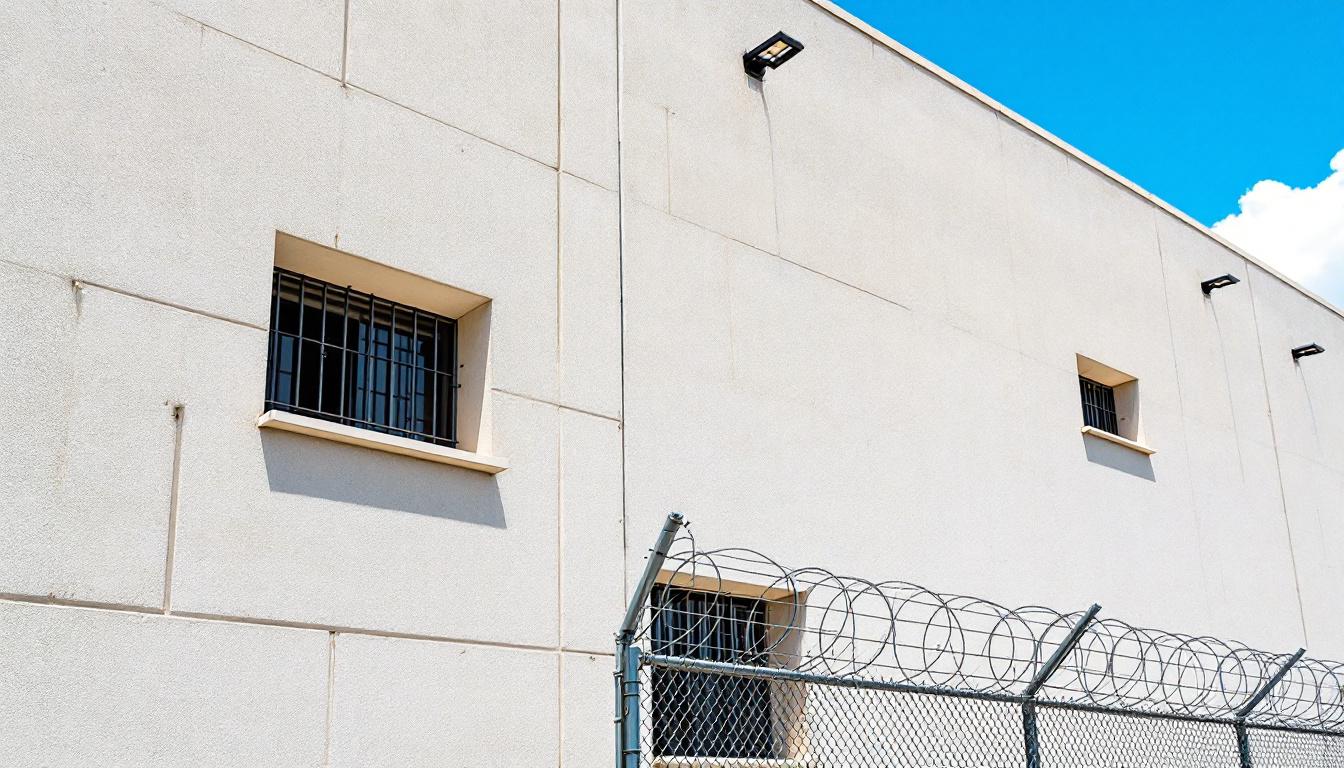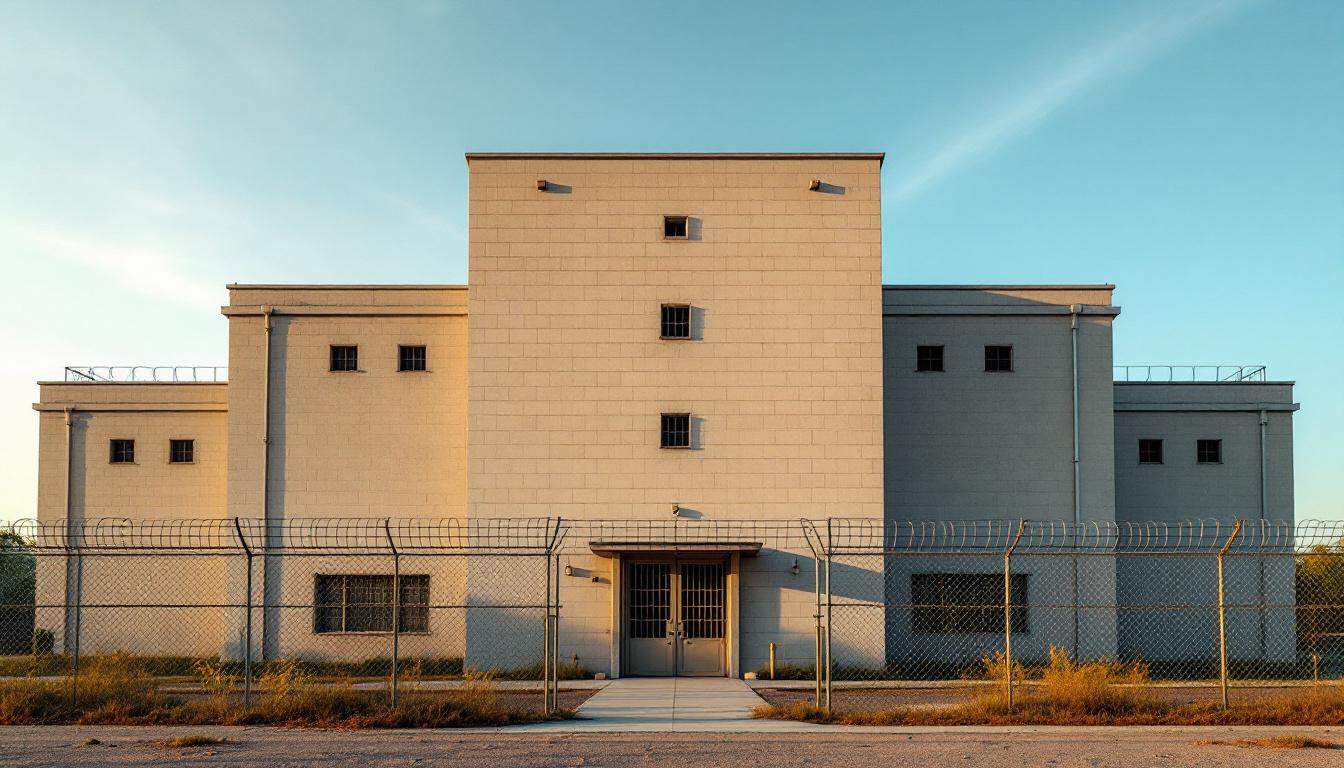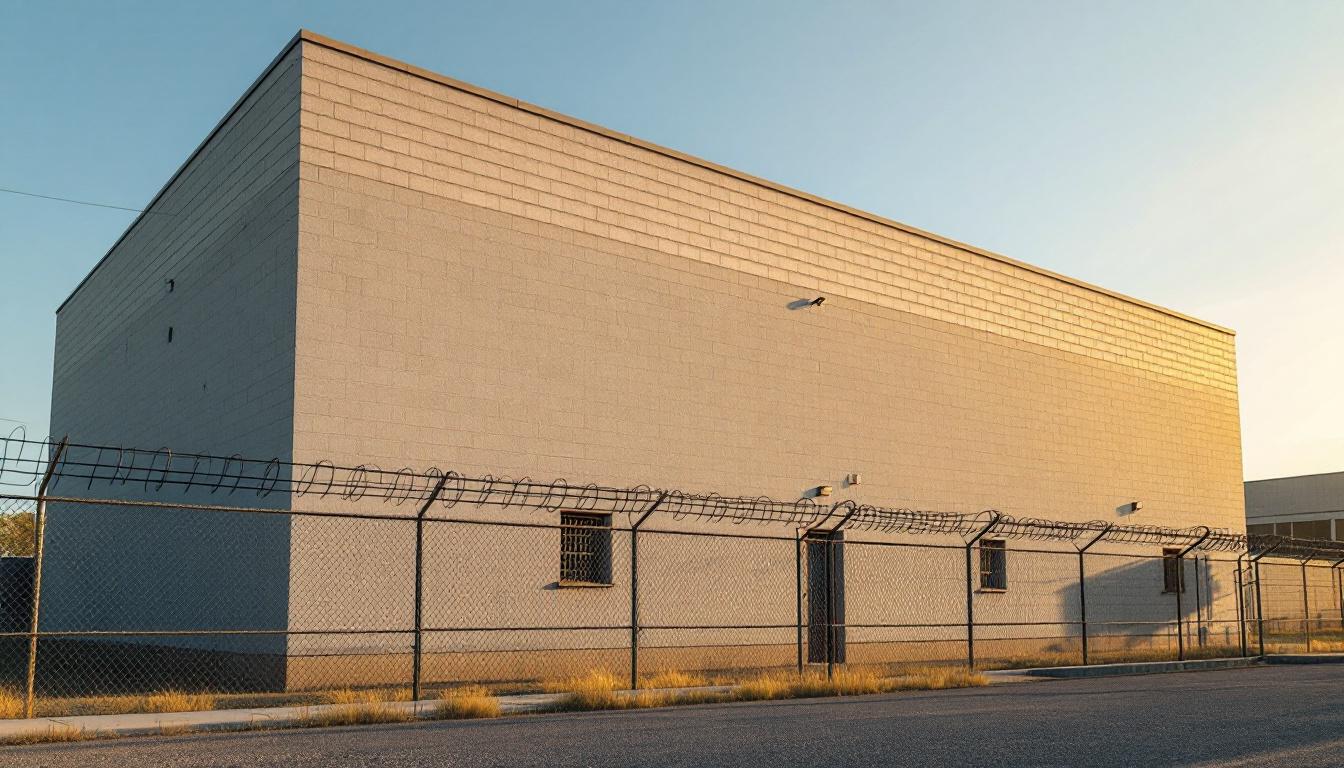
Quick Navigation
How to contact an inmate at Park County Sheriff's Office
This comprehensive guide will walk you through how to connect with an inmate at Park County Sheriff's Office. Follow the steps below to find an inmate and send letters and photos:
- Search for the inmate using our search tool below
- Create your account or log in to Penmate
- Write your message (up to 6,000 characters)
- Send instantly - inmates receive printed copies daily
Find an Inmate
Search for an inmate to start communicating today
Tip: You can search by first name, last name, or inmate ID number
To contact a person at Park County Sheriff's Office start by searching for the person on the official facility website. Perform a search by following these steps:
- Step 1: Enter their first name and last name into the search form and click "Search"
- Step 2: Locate their inmate record
- Step 3: Write down their Inmate ID and any housing information provided
Important! Be sure to enter the person's full name. Nicknames should not be used.
How to Send Messages to Inmates

You can use your phone or computer to send emails, letters, and photos to an inmate. Messages are sent electronically to inmate tablets or kiosks at the facility. If you would like to send a message, start by searching for an inmate at Park County Sheriff's Office.
Sending Photos and Postcards

A great way to send love and support to a loved one at Park County Sheriff's Office is to send photos and postcards. It only takes a few minutes to send photos from your phone and it makes a huge difference. You can also mail postcards with words of support and inspiration, or design your own postcard for special moments like birthdays and holidays.
Important! Be sure not to send any explicit photos or they may not be approved by the facility. You can also use a photo printing app like Penmate to make sure your photos are printed at the correct size (4x6 or 3x5) and are mailed according to the rules and regulations of Park County Sheriff's Office.
Frequently asked questions about Park County Sheriff's Office
-
How long does it take to deliver a message?
If you're sending an email message your letter is usually delivered within 24-48 hours. For messages sent via mail you should expect delivery within 3-7 days. All messages will need be approved by Park County Sheriff's Office.
-
How much does it cost to send a message to Park County Sheriff's Office?
You can send a message free using your phone or mail a message via USPS for the price of a $0.60 stamp and envelope. You can also purchase credits or e-stamps from services starting at $1.99.
-
What services can I use to contact an inmate at Park County Sheriff's Office?
Penmate
You can use Penmate to send letters and photos to an inmate from your phone. It's an easy way to stay in touch during your loved one's incarceration. Use the inmate locator to find an inmate's location and contact information, then you can send messages within a few minutes.
Securus messaging
Securus may be another option for communicating with an inmate at Park County Sheriff's Office. You can create a friends and family account and purchase credits to send messages. All messages will be reviewed and must be approved by the facility.
JPay
Some county jails and state prisons may support sending messages with JPay. You must register an account with the system, find your loved one, and purchase stamps to send messages. For some locations you can also attach photos.
Smart Jail Mail
You may also check if Smart Jail Mail is available at Park County Sheriff's Office. Smart Jail Mail is operated by Smart Communications and has contracted with some state and county jails. After purchasing credits, your messages and photos are sent to the facility, printed out, and then handed out to your loved one.
-
What is the mailing address of Park County Sheriff's Office?
Mailing address:
Park County Sheriff's Office
1180 Co Rd 16
Fairplay, CO 80440
Phone: (719) 836-2494Business hours:
- Monday: 7:00 AM – 5:00 PM
- Tuesday: 7:00 AM – 5:00 PM
- Wednesday: 7:00 AM – 5:00 PM
- Thursday: 7:00 AM – 5:00 PM
- Friday: Closed
- Saturday: Closed
- Sunday: Closed
-
What are the visiting hours at Park County Sheriff's Office?
Visiting hours at Park County Sheriff's Office vary by housing unit and security level. Generally, visits are scheduled on weekends and holidays, with some facilities offering weekday visits. Contact the facility directly at (719) 836-2494 or check their website for the current visiting schedule. Visits typically last 30-60 minutes and must be scheduled in advance.
-
What items are prohibited when sending mail to Park County Sheriff's Office?
Prohibited items typically include: cash, personal checks, stamps, stickers, glitter, glue, tape, staples, paperclips, polaroid photos, musical or blank greeting cards, hardcover books, magazines with staples, and any items containing metal or electronics. Only send letters on plain white paper with blue or black ink. Photos must be printed on regular photo paper (no Polaroids). Always check with Park County Sheriff's Office for their specific mail policies.
-
How do I send money to an inmate at Park County Sheriff's Office?
You can send money to an inmate at Park County Sheriff's Office through several methods: 1) Online using JPay, Access Corrections, or the facility's approved vendor, 2) Money orders mailed directly to the facility with the inmate's name and ID number, 3) Kiosks located in the facility lobby, or 4) Over the phone using a credit or debit card. Fees vary by method, typically ranging from $2.95 to $11.95 per transaction.
-
Can I schedule a video visit with an inmate at Park County Sheriff's Office?
Many facilities now offer video visitation as an alternative to in-person visits. At Park County Sheriff's Office, video visits may be available through services like Penmate, Securus Video Connect, GTL, or ICSolutions. Video visits typically cost $10-20 for 20-30 minutes and must be scheduled in advance. You'll need a computer or smartphone with a camera and reliable internet connection. Contact the facility for their specific video visitation policies and approved vendors.
-
What identification do I need to visit an inmate at Park County Sheriff's Office?
All visitors must present valid government-issued photo identification such as a driver's license, state ID, passport, or military ID. Minors must be accompanied by a parent or legal guardian who can provide the minor's birth certificate. Some facilities require visitors to be on the inmate's approved visitation list, which may require a background check. Contact Park County Sheriff's Office for specific ID requirements and visitor approval procedures.
-
How can I find out an inmate's release date?
To find an inmate's release date at Park County Sheriff's Office, you can: 1) Use the online inmate search tool if available, 2) Call the facility's records department, 3) Contact the inmate's case manager or counselor, or 4) Have the inmate provide this information during a call or visit. For privacy reasons, some facilities only release this information to immediate family members.
Facility Overview
Contact Information
Park County Sheriff's Office1180 Co Rd 16
Fairplay, CO 80440
Phone: (719) 836-2494
Official Website

About Park County Sheriff's Office
Nestled within the high-altitude community of Fairplay, Colorado, the Park County Jail serves as a cornerstone facility for maintaining public safety while fostering meaningful pathways toward successful community reintegration. This CO correctional facility operates within the broader framework of Colorado’s county-level correctional system, addressing the comprehensive challenges that come with serving a geographically dispersed mountain region where access to resources and family connections can present distinct obstacles for both residents and their loved ones.
The facility typically emphasizes a balanced approach that prioritizes secure containment alongside evidence-based rehabilitation programming designed to address the underlying factors that often contribute to criminal behavior. Residents services may include educational opportunities, substance abuse counseling, mental health support, and vocational training programs that align with employment opportunities available in the surrounding mountain communities. The jail generally works to maintain connections between residents and their families through visitation programs and communication services, recognizing that strong community ties often play a crucial role in successful reintegration.
Given Fairplay’s remote mountain location, this county jail often serves as more than just a detention center—it frequently functions as a vital link connecting residents to broader support networks and resources that extend beyond the facility’s walls. The institution typically collaborates with local organizations, healthcare providers, and social services to ensure that individuals have access to continuing care and support systems upon their release, helping to strengthen the overall fabric of Park County’s communities.
Programs & Services
Therapeutic communities within Park County Jail typically focus on creating structured environments where residents can develop essential life skills while addressing underlying issues that may have contributed to their incarceration. These initiatives often emphasize personal accountability, peer support, and gradual reintegration preparation through comprehensive programming. The facility’s approach may deliver services that address both immediate needs and long-term success factors, recognizing that effective rehabilitation requires multiple components working together.
Educational initiatives at the facility often include basic literacy programs, GED preparation courses, and computer skills training designed to enhance residents’ employment prospects upon release. These programs may deliver instruction through both individual and group settings, allowing participants to progress at their own pace while building confidence in academic environments. Additionally, vocational training opportunities typically encompass practical skills development in areas such as construction, food service, and maintenance work, providing residents with marketable abilities that can translate directly into employment opportunities in their communities.
Support services frequently center around therapeutic communities that foster personal growth and behavioral change through structured daily routines and peer mentorship. The facility may offer agriculture programs that allow residents to learn farming techniques while contributing to food production, creating both practical skills and a sense of purpose. Additionally, grounds maintenance initiatives often provide opportunities for residents to develop landscaping and general maintenance capabilities while taking pride in their living environment, supporting both skill development and facility upkeep through meaningful work experiences.
Daily Life & Visitation
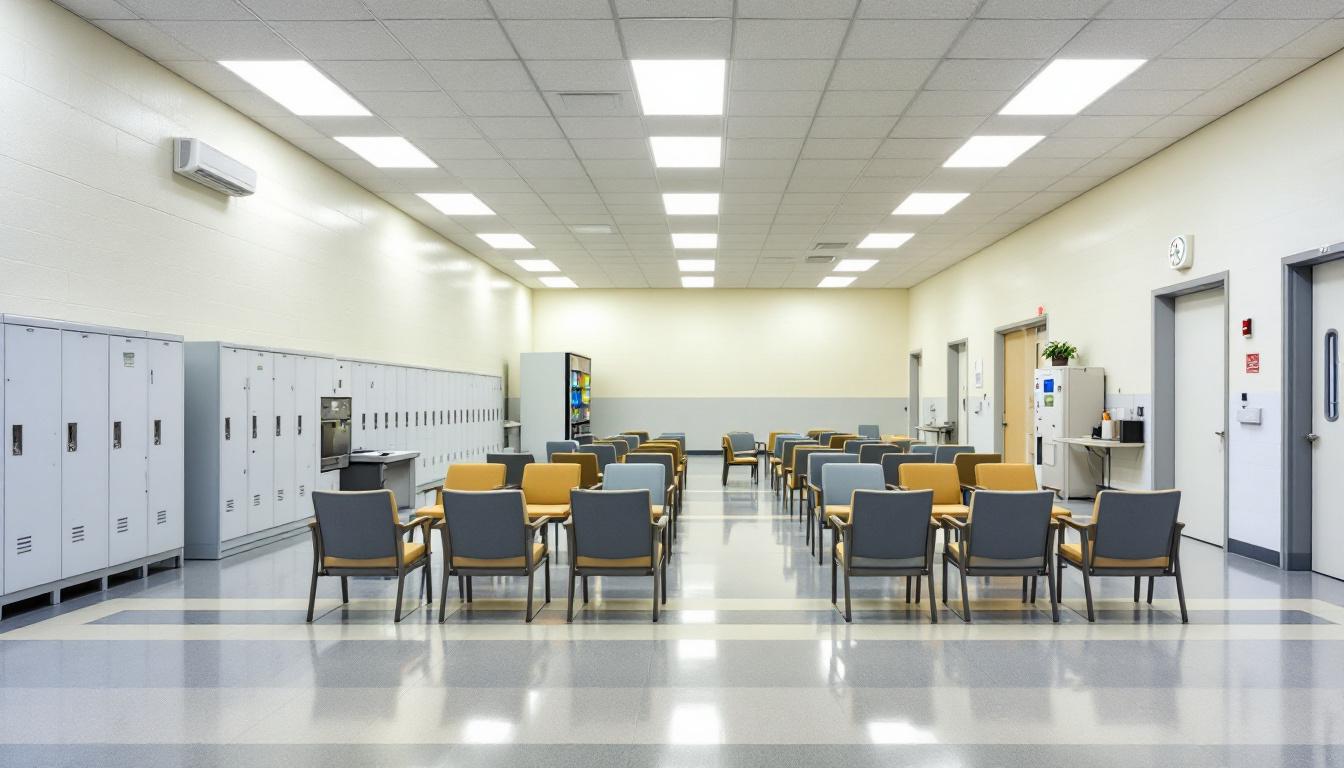
Structure and predictability form the foundation of each day, as residents currently follow established routines that continue to provide stability throughout their stay. The facility operates on a consistent schedule that typically begins with early morning counts and meal service, followed by various programming opportunities and work assignments. This framework continues to help residents maintain a sense of normalcy while adapting to the correctional environment.
Living accommodations generally consist of housing units designed to provide basic necessities while maintaining appropriate security measures. Residents typically share living spaces with others and have access to common areas for meals and activities. The dining arrangements usually involve scheduled meal times in designated areas, with menus that aim to meet nutritional requirements. Personal property policies generally allow residents to maintain some personal items, while commissary services may offer additional food items and hygiene products for purchase.
Additionally, the facility typically delivers structured programming that may include educational opportunities, work assignments, and recreational activities. Exercise and recreation time often includes access to outdoor areas or gymnasium facilities when available. While maintaining security protocols, visitation policies generally allow family members and approved visitors to maintain contact during designated hours. Communication options usually include telephone access and mail services, helping residents stay connected with their support systems. Work assignments within the facility often provide residents with purposeful activities that may include kitchen duties, maintenance tasks, or other operational support roles that contribute to the facility’s daily operations.
Ready to Connect?
Start communicating with your loved one today
Search for an Inmate



